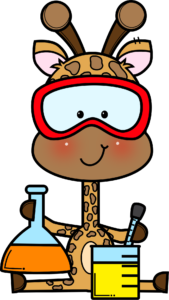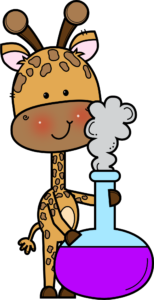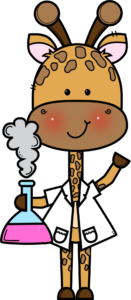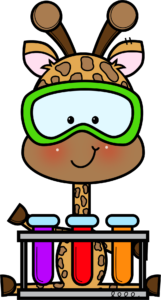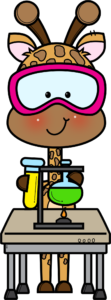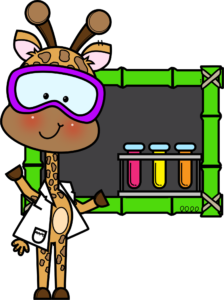© 2026 Think.S.E.R. Educational Consulting, LLC | Privacy Policy
Website by: Heartland Internet Solutions
Core Components
-Curriculum Analysis Development
-Pedagogical Approaches
-Assessment and Data Analysis
-Implementation and Professional Development
-Additional Components
Curriculum Analysis Development
Standards Alignment: In-depth analysis of K-3 social studies and science standards (e.g., NGSS, Common Core, state standards).
Curriculum Mapping: Tools and templates for creating and analyzing curriculum maps.
Unit and Lesson Planning: Sample units and lessons aligned to standards, with clear learning objectives and assessments.
Differentiation Strategies: Guidance on adapting curriculum for diverse learners.
Inquiry-Based Learning: Strategies for fostering student curiosity and critical thinking.
Pedagogical Approaches
Effective Teaching Strategies:
Research-based instructional methods for social studies and science.
Hands-on and Experiential Learning:
 Activities and resources to engage students in active learning.
Activities and resources to engage students in active learning.
Technology Integration:
Effective use of digital tools to enhance learning.
Culturally Responsive Teaching:
Strategies for creating inclusive classrooms.
Building Background Knowledge:
Techniques for supporting students’ prior knowledge.
Assessment and Data Analysis
Formative Assessment:
Strategies for ongoing monitoring of student progress.
Summative Assessment:
Tools and rubrics for evaluating student learning.
Data-Driven Instruction:
Using assessment data to inform teaching and intervention.
Portfolio Assessment:
Guidelines for collecting and analyzing student work.
Implementation and Professional Development
Collaboration:
Building strong partnerships between teachers, and families.
Professional Learning Communities:
Facilitating collaborative teacher inquiry.
Coaching and Mentoring:
Support for teacher growth and development.
Evaluation and Improvement:
Processes for evaluating program effectiveness.
Additional Components
Resources and Materials:
Annotated lists of recommended textbooks, trade books, and digital resources.
Classroom Management:
Strategies for creating positive and productive learning environments.
Family Engagement:
Ideas for involving families in student learning.
Assessment Tools:
Templates for rubrics, checklists, and observation forms.
Professional Development Modules:
Outlines for workshops and training sessions.
Delivery Methods
Comprehensive digital resource library
Printed manuals and guides
Online professional development courses
Customizable consulting packages

